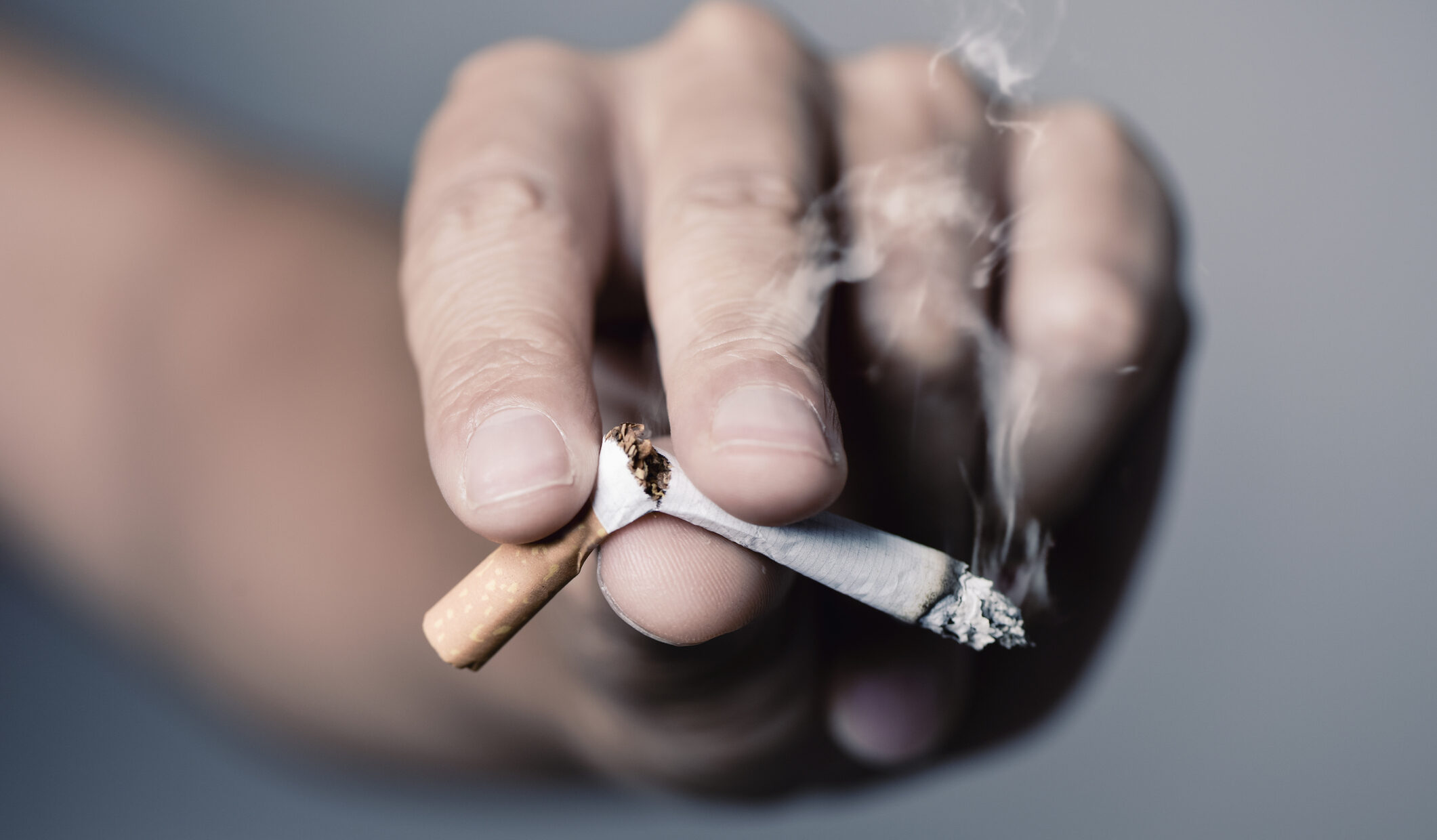Annually, 31 May is marked as World No Tobacco Day, with an intention to inform the public on the harmful effects of tobacco use and educate future generations on a healthy lifestyle.
The packets of cigarettes and other tobacco products come out with a health advisory warning, but it is disregarded just like the statutory warning.
In the fiscal year 2020-21, the average annual tax collection from tobacco products was around Rs 53,750 crore.
Smoking as well as chewing tobacco can impact your oral health, from loss of taste to oral cancer. The chewable form of tobacco like gutka, zarda, khaini increases the risk of oral and pharyngeal cancer.
As per the World Health Organisation (WHO), more than eight million people lose their lives by consumption of tobacco.
India contributes one-fourth of global oral cancer patients. “The use of tobacco increases the risk of oral cancer 10 times as compared to non-smokers, cigarettes being the most common form of tobacco used and is the cause of about 90% of all lung cancers”, said Lt Col (Rt) Dr Preeti Tahla, dentist.
Here are few other oral conditions to take care of if you’re a smoker:
1. Discolouration of teeth
The nicotine present in tobacco causes stained teeth, it is often seen a yellow or brown discolouration. Prolonged smoking can also lead to bad odour which is an unpleasant experience to the people in your proximity.
2. Gum Irritation
The smoke from tobacco products or chewing them harms the soft tissues of the mouth. It can lead to loosening of teeth, sensitivity in roots and erosion. Over time, lesions develop in gums, leading to weak gums, which can progress to oral cancer.
3. Dark lips
The most common indicator of a smoker, the reduced blood flow due to the nicotine or tar content in tobacco causes the melanie pigmentation in the lips.
4. Gustatory sensitivity
Habitual smoking affects the taste buds, often sensitivity to spicy food is seen. It also causes acidity as smoking prompts more acid and increases the risk of heartburn and ulcers.
5. Delayed wound healing
Smoking alters and suppresses the immune system which can delay healing after tooth extraction. It can further lead to infection at the wound site as the amount of nutrients required for healing are reduced. Even a small cut or ulcer might take weeks to heal.
Dr Tahla also shares a few remedies to reduce the consumption of tobacco. Nicotine replacement therapy (NRT) gives you nicotine in the form of gum, patches, sprays, inhalers, or lozenges. She claims that NRT can help relieve some of the physical withdrawal symptoms, which helps the quitter to focus on the psychological (emotional) aspects of quitting.
Like any other drug withdrawal, there might be symptoms of headache, increased heart rate and nervousness which reduces after 1-2 weeks of treatment.
Nicotex has launched Nico, the first personal user interface that helps the user to quit smoking. Nico gives support to smokers by helping them understand the usage and stay together throughout the journey, just like a friend.
She suggests that engaging in a new hobby and finding groups of people with the same mission can help you quit smoking and avoid triggers to smoke.
For more stories that cover the ongoings of Delhi NCR, follow us on:
Instagram: https://www.instagram.com/thepatriot_in/
Twitter: https://twitter.com/Patriot_Delhi
Facebook: https://www.facebook.com/Thepatriotnewsindia





